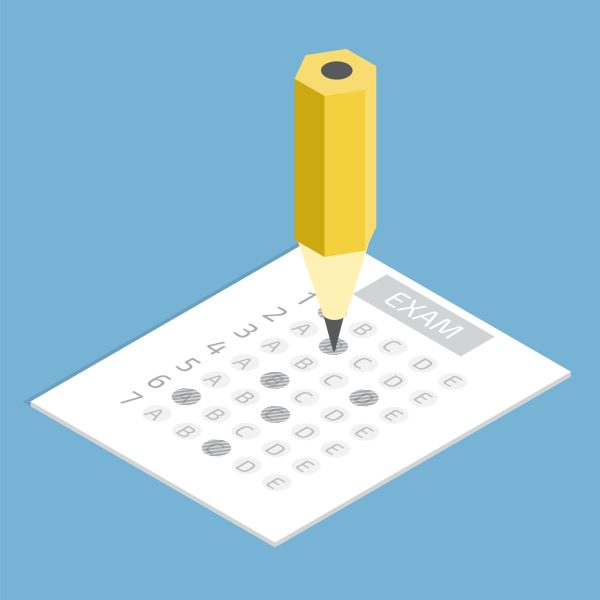How COVID-19 is Affecting the Economy
COVID-19 is a virus that first appeared in China at the end of last year and now has over 800,000 confirmed cases around the world. The virus’s spread has regrettably borne out analysts’ downside scenarios, with investors digesting the implications of disrupted supply chains, official containment measures and spillovers from the real economy to financial markets.
How badly will the economy be affected by COVID-19?
The extent of the damage will depend on how quickly the virus is contained, the steps authorities take to contain it and how much economic support governments are willing to deploy during the epidemic’s immediate impact and the aftermath.
Early indications of COVID-19’s impact on the Chinese economy are worse than initially forecast. Surveys of China’s manufacturing and services sector plunged to record lows in February, automobile sales sank a record 80 percent and China’s exports fell 17.2 percent in January and February. The official data confirmed a widespread slowdown in economic activity foreshadowed in low pollution levels and depressed shipping traffic, among other informal barometers.
Analysts have sharply revised down estimates of Chinese growth, with many now predicting a drop in first-quarter GDP, the first contraction since China began reporting quarterly data in 1992. As COVID-19 spreads, China’s economic recovery will be challenged as demand from other countries drops as they cope with the virus.
So is the United States headed for a depression or recession?
Well, it’s kind of hard to tell exactly what we will be heading into because there are so many different things that could happen, but most likely we will be heading into a recession and the unemployment rate will spike to 12%, according to Wall Street economists.
In the end, yes COVID-19 is weakening our economy and placing people out of jobs. But we can rebuild our economy and make it as great as it was before, if not better!





